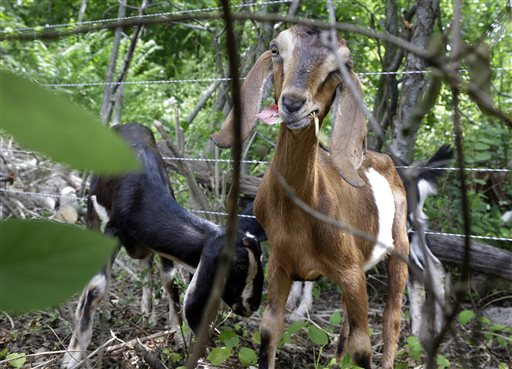WASHINGTON — Rising levels of carbon dioxide could increase the severity and frequency of poison ivy rashes as the plants grow bigger and in greater numbers and are likely to ensnare more Americans.
The plants themselves are becoming more prevalent and stronger thanks to warmer temperatures, which extend the growing season, and higher carbon dioxide levels. The carbon dioxide tells poison ivy plants to grow bigger leaves, Dr. Clifford Bassett, an allergist and assistant clinical professor at the New York University School of Medicine tells “CBS This Morning.”
“And the oil itself that causes poison ivy rash is more powerful and supercharged. And that’s what we’re worried about. As people spend more time outdoors, people who work outdoors, they’re more exposed, they’re at greater risk,” Bassett says.
Repeated exposure to the oils created by plants like poison oak, sumac and ivy generates a more severe reaction each time. Coupled with larger, more potent plants, reactions could become more intense in the future, according to CBS News.
About 80 percent of people exposed to the plants’ oil will have a skin reaction. These plants can be found in most U.S. states, according to the U.S. Centers for Disease Control and Prevention.
For those who think they’ve been exposed to the plants’ reactive oils, Bassett recommends washing off the oil within an hour to reduce the chances of developing a rash. After returning indoors, clothes worn outside should be taken off and washed in hot water to remove all of the oil, which can remain on clothing for up to five years, he says.
While working or playing outdoors, Bassett recommends wearing long sleeves and long pants to protect skin. Barrier creams like IvyBlock offer another layer of protection, he says.
Calamine lotion, oatmeal baths and cold compresses can offer relief from the itch once a rash has developed, he says.
Over-the-counter medications like hydrocortisone creams or antihistamine pills can also reducing itching, the CDC says.
“Preventing exposure is the most important thing,” Bassett says.







